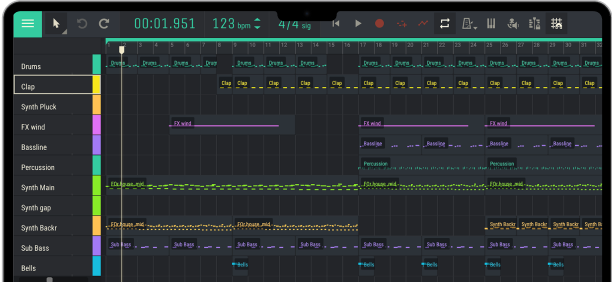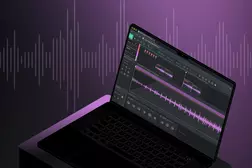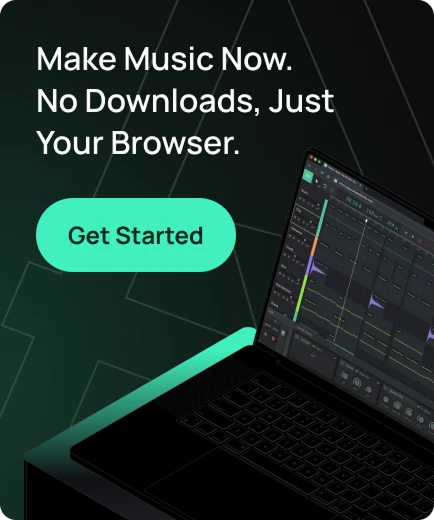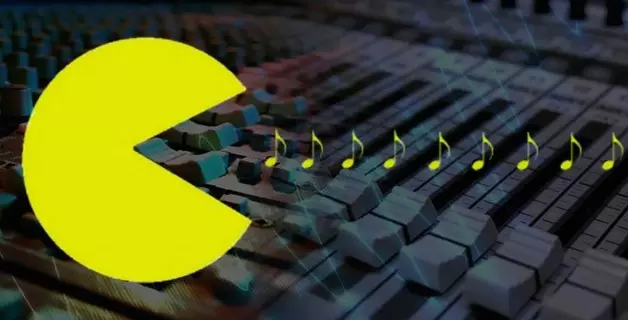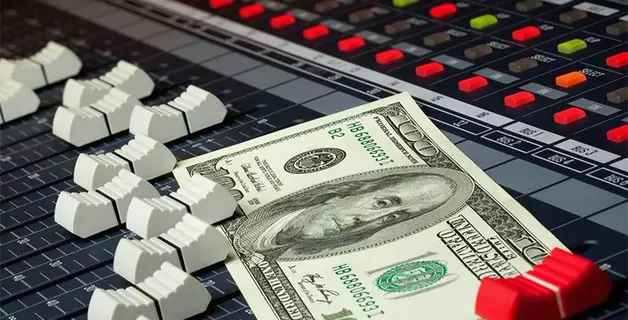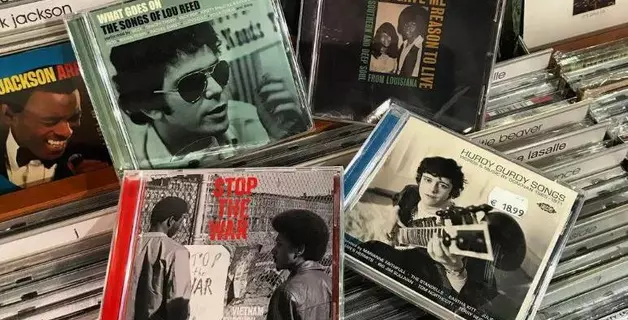How to sell music online
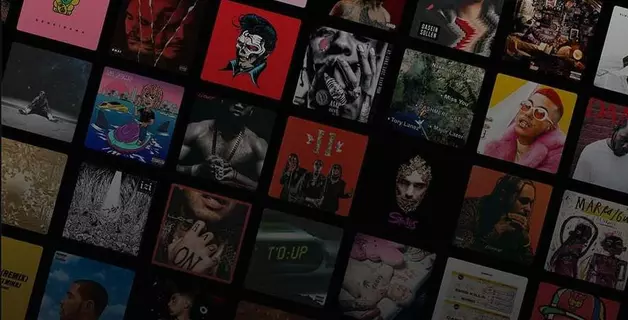
Making music is deeply rewarding — and being able to earn money from your creativity makes it even more appealing. Thanks to the internet, musicians today can easily share their work with global audiences. There’s no longer a need to chase down studios, labels, or production companies. Online platforms now handle much of the heavy lifting, creating incredible opportunities for independent artists to promote and sell their music online.
Who buys music and why?
Before you start marketing your music, it’s essential to understand your target audience and what types of tracks resonate with different groups.
Here are the main types of music buyers:
-
Music enthusiasts
These are passionate listeners across various genres who buy digital tracks or pay for streaming subscriptions. Artists earn income from both sales and plays on platforms. -
Singers and performers
Not all vocalists compose their own music — many browse online music libraries and stock platforms to find tracks. Pop, rock, R&B, and hip-hop are especially popular. Collaborating with established names can be lucrative, but working with emerging artists can also pay off in the long run. -
Music labels and production houses
These buyers also look for quality tracks, but tend to prefer working with more recognized artists. -
Advertising agencies
They often need background music for ads, presentations, videos, or social media. Simple, upbeat tracks are most in demand. -
Game and app developers
Small studios often buy royalty-free music from stock sites to save on licensing fees. Electronic music is especially popular, though preferences vary depending on the game genre.
Tip: Hybrid genres and trends like R&B-pop, reggae blends, and guitar-driven tracks are in high demand.
Is It Hard to Sell Your Music Online?
Earning a steady income from music — even starting at around $300 per month — typically takes time and consistency. While established musicians with loyal fanbases are more likely to earn regular payouts, most independent artists experience sporadic income, especially in the beginning.
That said, there are several proven ways to sell your music online:
- Digital distribution platforms
- Audio stock libraries
- Your own online store
- Direct sales to clients
Ultimately, consistent branding, audience engagement, and self-promotion are key to success in the online music marketplace.
How Much Can You Sell Your Music For?
The price of your tracks depends on multiple factors, from licensing terms to distribution method. Here’s what affects your earnings:
-
Sales channel
Selling directly (without intermediaries) typically brings the highest earnings — sometimes $200 or more per track. In contrast, digital streaming platforms pay small amounts per play (around $0.005), though high volume can add up — potentially $5,000 per million streams annually. On audio stock libraries, track prices usually range from $5 to $50, but sales frequency is lower. -
License type
The scope of usage rights significantly impacts pricing. Basic non-commercial licenses might sell for $2–$10, standard commercial licenses for $15–$50, and extended licenses (used in films, games, or larger projects) often start at $50 or more. -
Artist recognition
Tracks by lesser-known artists tend to be harder to discover on crowded platforms. Building a name helps boost visibility — and pricing power.
Most platforms set consistent pricing regardless of an artist’s country of origin. However, when selling directly to buyers in higher-income regions like the US or EU, you may be able to command significantly higher prices.
How to Sell Your Music Online: Step-by-Step
Here’s a streamlined roadmap for getting started with music distribution and monetization online:
- Write your melody
- Create the arrangement
- Record your track
- Edit the audio
- Mix the song
- Publish your music
- Distribute demos
Success depends not just on uploading your music, but on actively promoting it, choosing the right platforms, and engaging your audience. Understanding your genre’s audience and targeting the right communities will strengthen your presence across platforms.
Top 7 Platforms to Sell Music Online
Registering with several music services increases your chances of making sales. Here are some of the most effective platforms:
Your Own Website
Owning your website gives you full control over how your music is presented and sold. Unlike social media or third-party services, a website is stable and branded — your permanent home online.
Bandcamp
Bandcamp lets artists sell music directly to fans, collect email addresses, and retain a larger share of sales (they charge a 15% commission). The platform helps users discover music via blogs, playlists, and the Bandcamp Weekly podcast.
Soundcloud
SoundCloud is a social platform for musicians and fans, ideal for promoting your music and gaining feedback. While it’s not primarily built for sales, Pro users can link to online stores where listeners can purchase tracks.
Streaming Platforms
Spotify, Apple Music, and similar services offer discovery opportunities through playlists and algorithms. While earnings per stream are low, visibility is high — especially for new artists.
TuneCore
TuneCore distributes your music to over 150 platforms without taking a commission. Instead, they charge a flat yearly fee for track uploads.
Common outlets include:
- Apple Music
- iTunes
- Spotify
- Amazon Music
- TikTok
- YouTube Music
- BOOM
CDBaby
CD Baby charges a one-time fee to upload your single or album. They offer value-added services like YouTube monetization and social media distribution. They retain 9% of sales revenue.
Multiza
Multiza offers low-cost options for uploading singles or albums, with a 20% commission rate. There’s no annual renewal contract required.
Bonus: Pond5 and PremiumBeat
Pond5 allows composers to sell both music tracks and sound effects, attracting indie creators. PremiumBeat, by contrast, targets high-quality submissions and offers higher payouts per sale for top-tier tracks.
Final Thoughts
Selling music online is more accessible than ever. Whether you're licensing to businesses, distributing to fans, or building your brand through streaming, there’s a pathway that fits your goals. Success comes down to smart platform choices, a strong promotional strategy, and staying committed to your craft.
